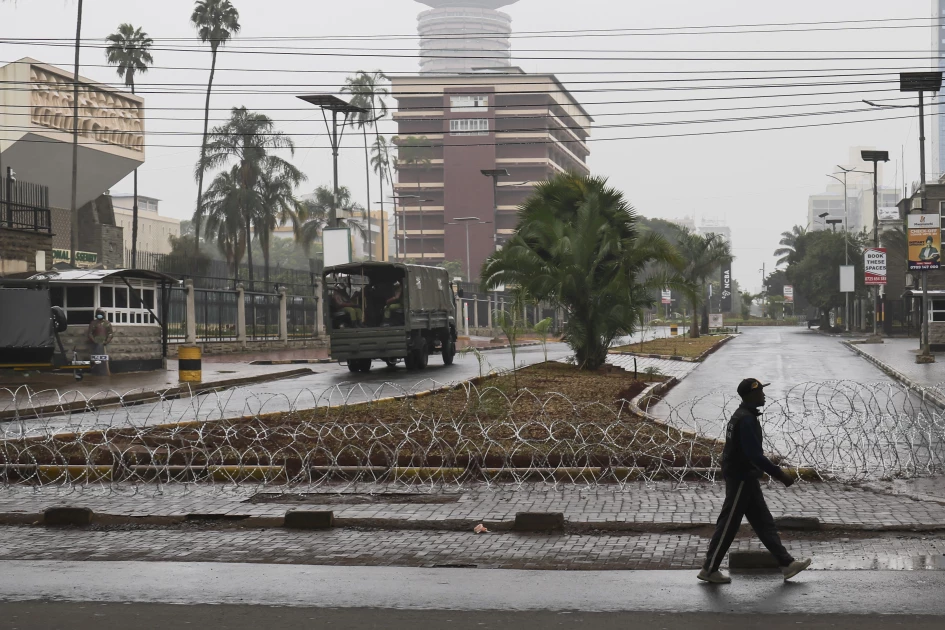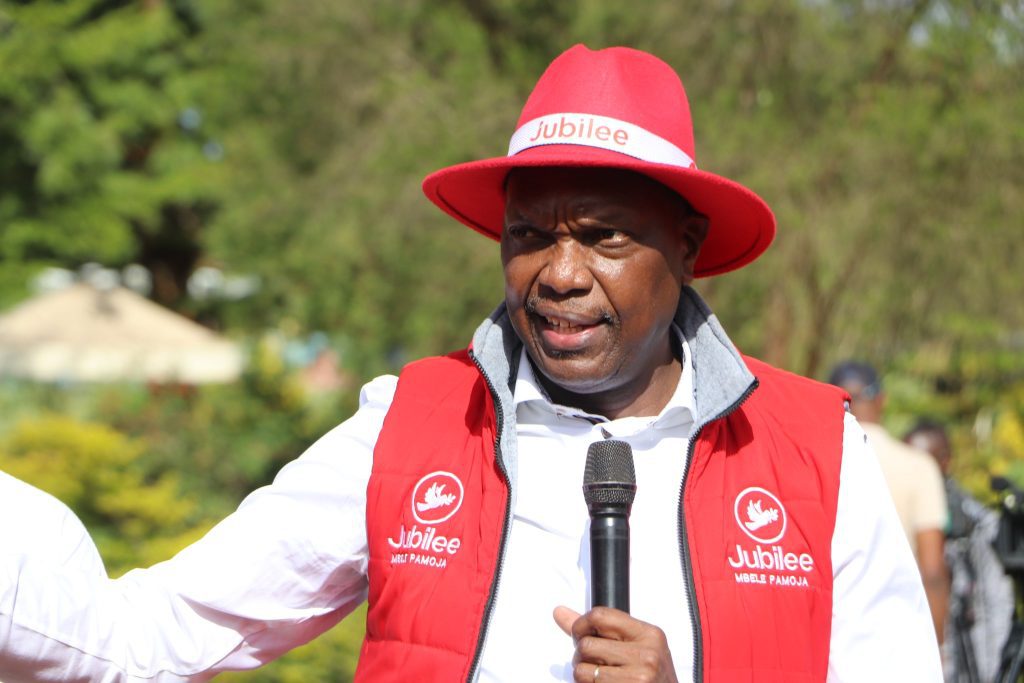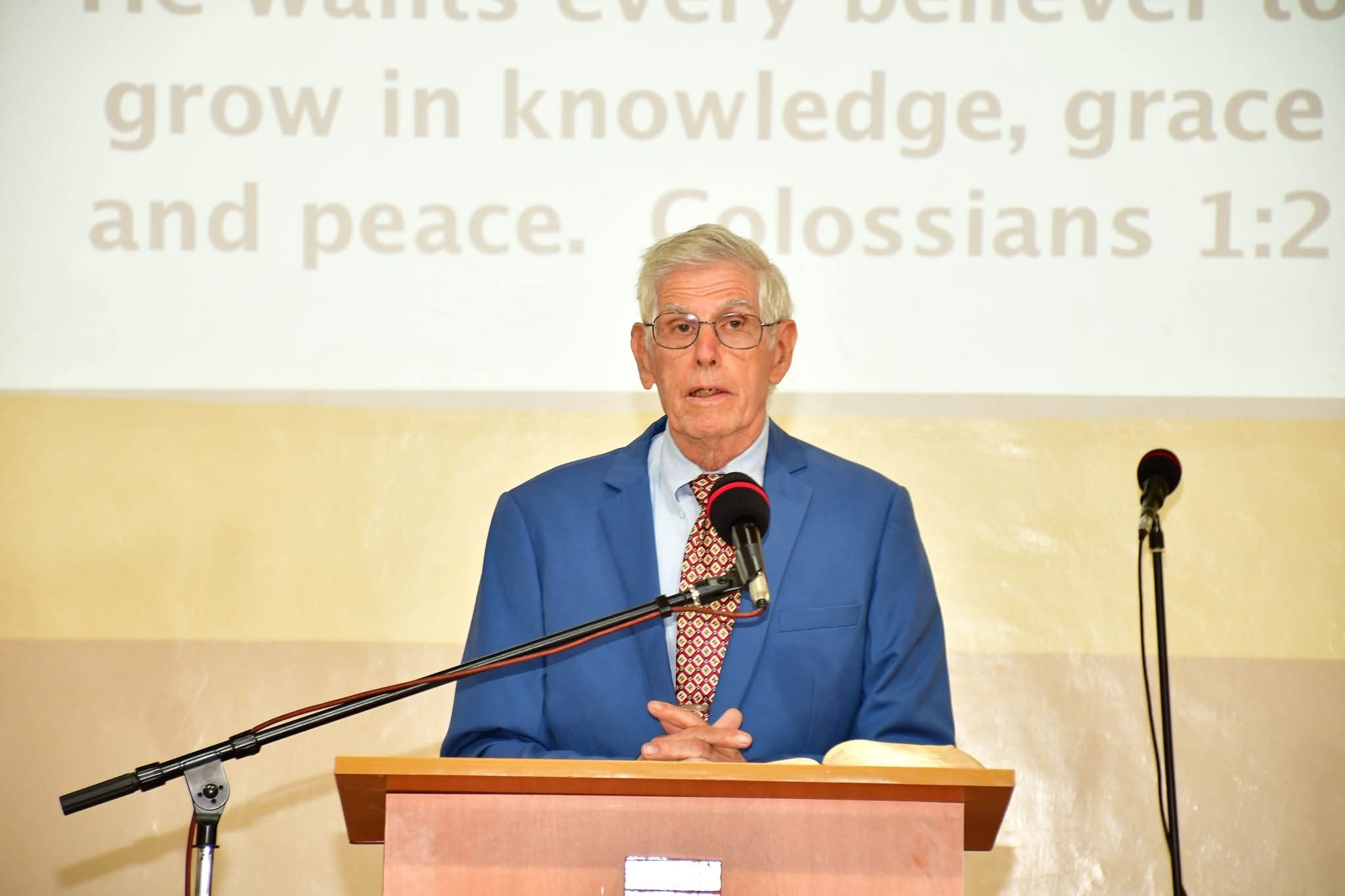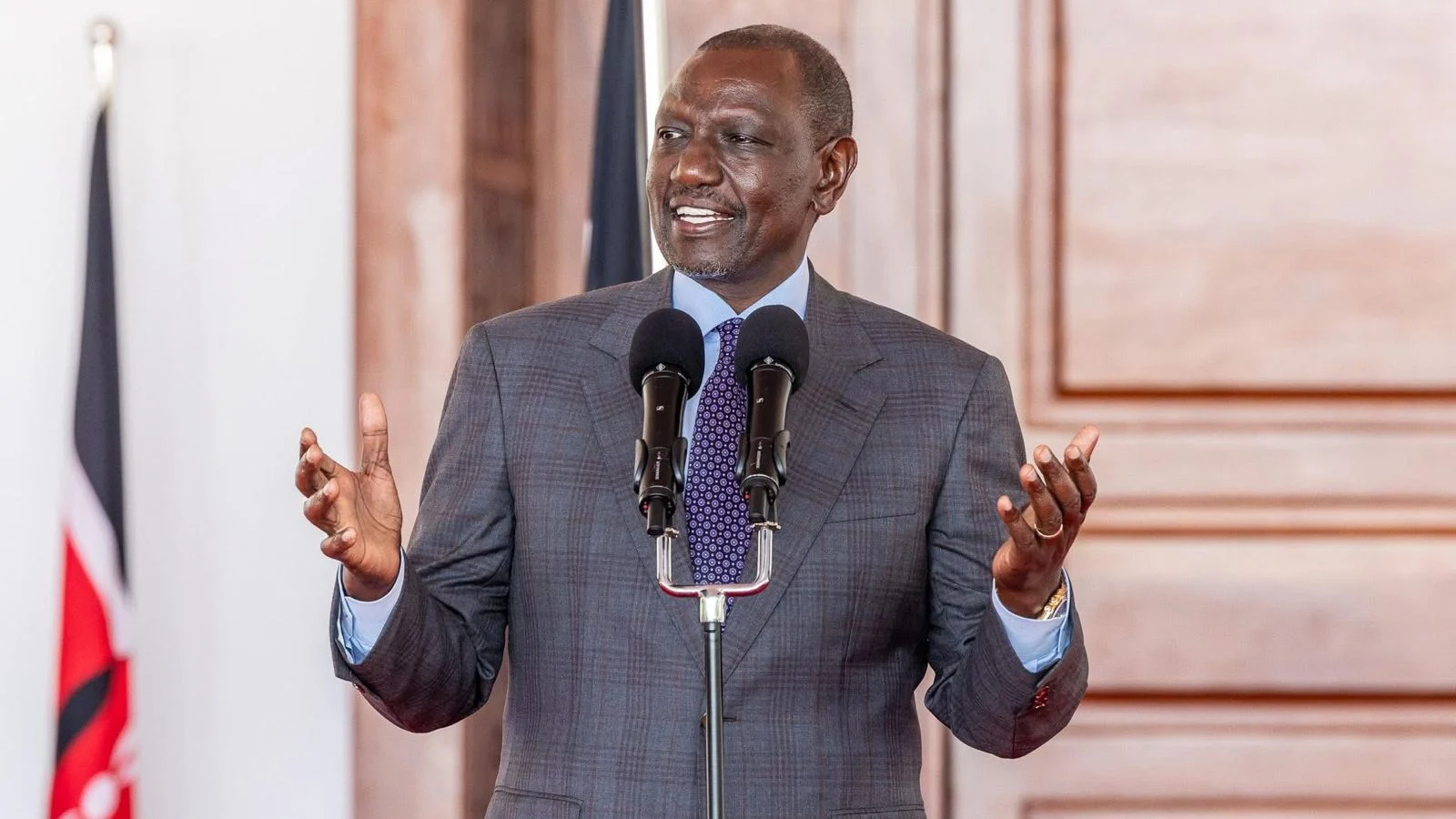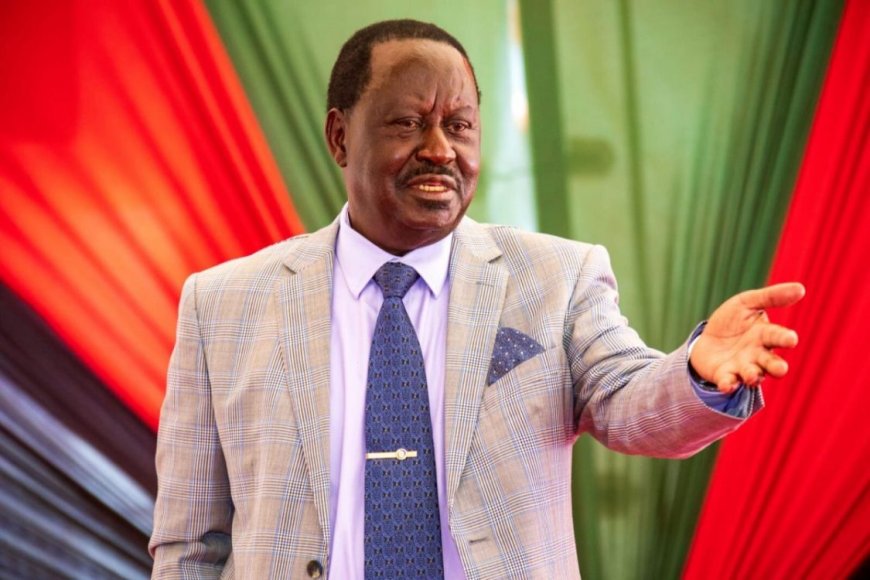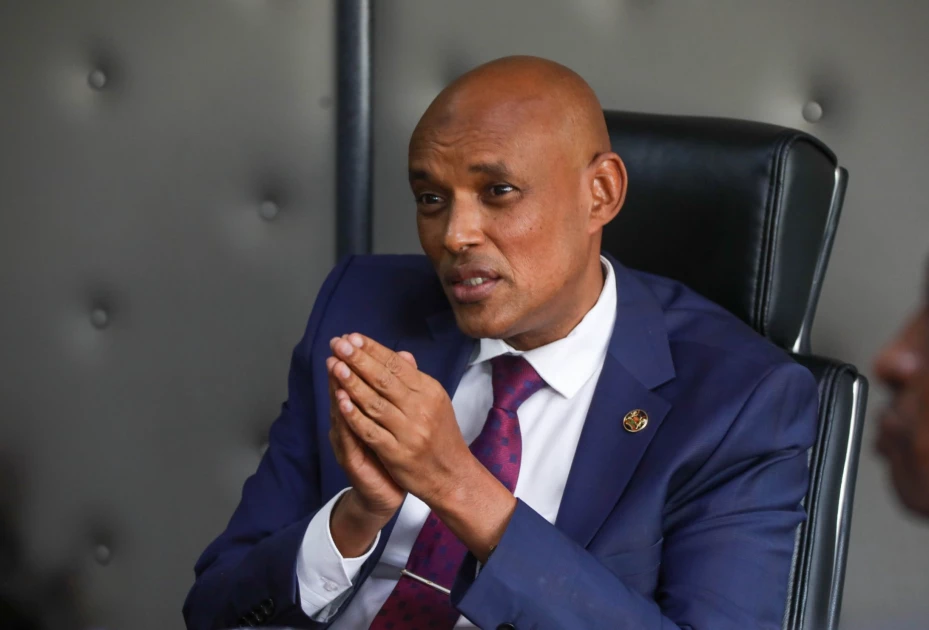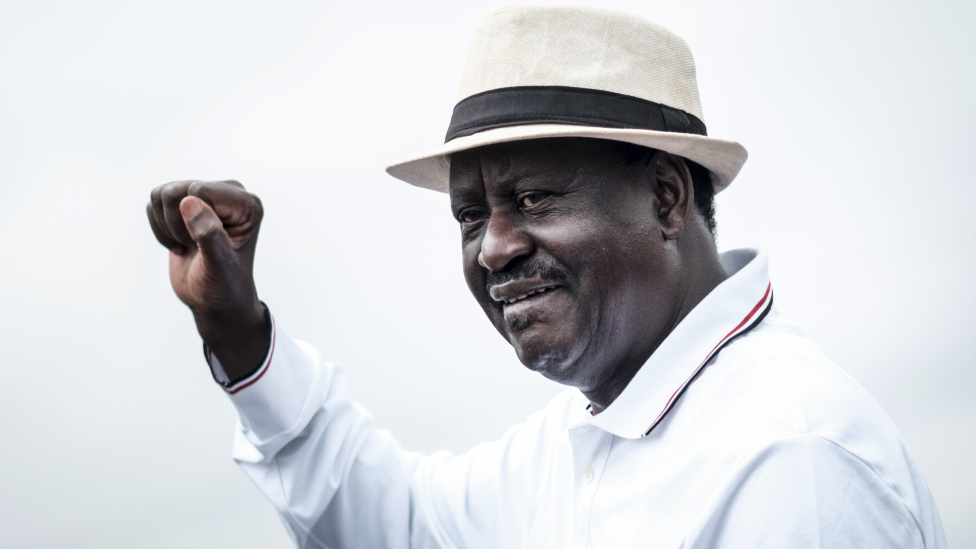Saba Saba Tension: Nairobi Locked Down as Youth Rage Meets State Force
Nairobi was locked down as Kenya marked Saba Saba Day amid fears of fresh protests. Police blocked major roads, and businesses closed as tensions rose over economic woes and police brutality. Activists decried state repression, linking the crackdown to past autocratic tactics.
Nairobi CBD deserted as police block access into city centre to thwart planned Saba Saba demos #SabaSabaAt35
Posted by NTV Kenya on Monday, July 7, 2025
Kenya commemorated a significant chapter in its democratic journey on Monday as the country marked Saba Saba Day, an annual observance of the July 7, 1990 protests that catalyzed the push for multi-party democracy during the oppressive regime of former president Daniel arap Moi. The day, historically symbolic of defiance against authoritarianism, has again taken on contemporary meaning amid growing national frustrations. This year’s remembrance unfolded under intense political tension and heavy security presence, particularly in the capital, Nairobi.
In anticipation of protests, police erected barriers and roadblocks on major highways leading into the city, effectively paralyzing movement into the central business district. The normally bustling streets were eerily deserted, as many businesses remained shut and residents stayed indoors, either in fear or in silent protest. Authorities claimed the actions were preventative, aimed at ensuring public safety, but critics described them as aggressive and suppressive tactics meant to discourage peaceful assembly.
This renewed wave of activism, largely driven by disillusioned youth, is being fueled by deep-seated anger over Kenya’s stagnating economy, rampant corruption, and persistent police brutality. Many young people, trapped in underpaid or informal jobs, are using demonstrations to voice their desperation and demand meaningful change. Unfortunately, what began as peaceful gatherings have at times spiraled into looting and destruction, with both sides accusing each other of escalating the violence.
Protesters claim that government agents have infiltrated the crowds with armed individuals tasked with inciting chaos and tarnishing the image of the movement. In response, state officials have framed the demonstrations as a national security threat, with some even likening them to an attempted coup. The governments narrative, however, has done little to calm tensions and has instead deepened public resentment and mistrust.
One notable voice on social media, activist Hanifa Aden, took to X (formerly Twitter) to highlight the irony of the situation, mocking the government’s security crackdown. She posted, “The police getting rained on as they block every road while we stay at home warming our beds,” later describing the day as a “total shutdown and forced holiday executed by the state.” Her remarks captured the mood of many Kenyans who felt silenced by the overwhelming police presence.
On Sunday, an alarming incident occurred when the Kenyan Human Rights Commission’s press briefing—meant to condemn extrajudicial killings and disappearances—was violently interrupted by men wielding sticks. This attack not only disrupted the event but also symbolized the broader hostility toward dissenting voices and human rights advocates in the country.
Since June 2024, over 80 people have lost their lives in protest-related violence, with dozens more reportedly detained without due process. These statistics have cast a dark shadow over Kenya’s democratic record and raised international concern. Despite this, President William Ruto, elected in 2022, appears politically secure due to his alliance with long-time opposition figure Raila Odinga. With no clear political rival ahead of the 2027 elections, his leadership remains relatively unchallenged.
Yet, activists like Nerima Wako argue that the state’s harsh response is sowing seeds of even deeper unrest. “Every time people organise a protest, they kill more people, so it just continues to feed off itself,” she explained. Scholar Gabrielle Lynch echoed this sentiment, stating that the government seems to be recycling outdated authoritarian tactics from the 1990s. She cautioned, however, that Kenya today is not the same as it was decades ago. “People no longer carry the same fear of the state,” she emphasized, underlining a growing defiance that could reshape the country’s political future.


